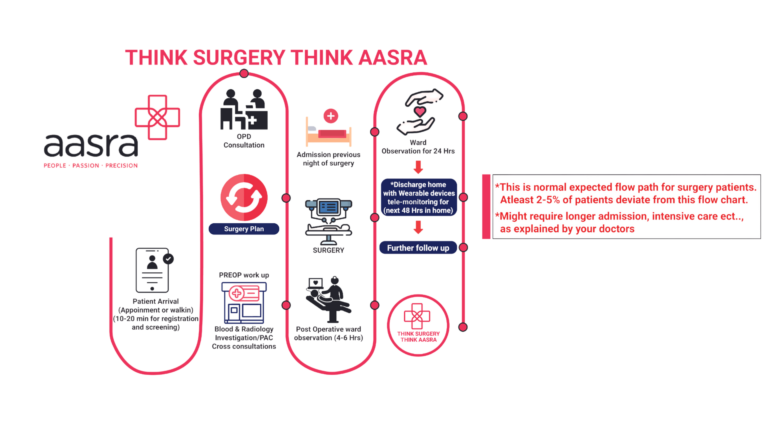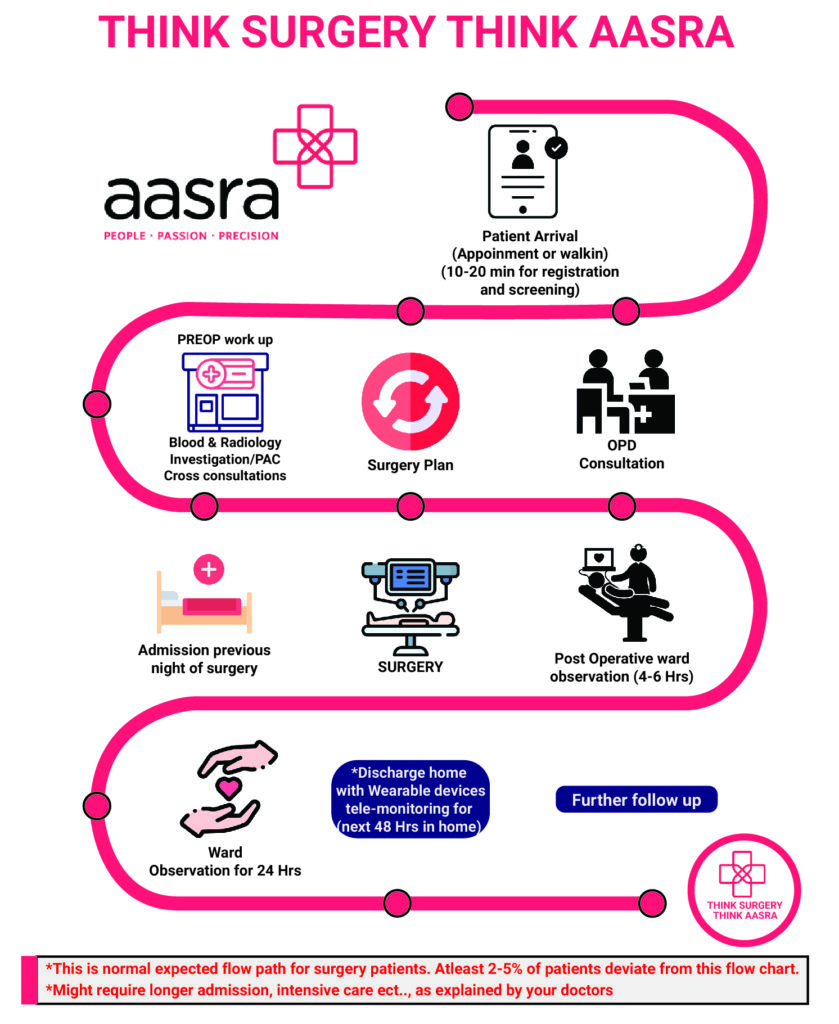
1 Day Procedure

USFDA Approved Procedures

No Cuts. No Wounds. Painless*.

Insurance Support
What is Interventional Radiology?
Interventional radiology, commonly known as IR, is the practice of using medical imaging to direct minimally invasive surgical operations for the diagnosis, management, and treatment of a variety of illnesses. Fluoroscopy, MRI, CT, and ultrasound are a few of the imaging modalities that are used These radiologists are working with UVA Health System’s Vascular and Interventional Radiology department.

1 Day Procedure

USFDA Approved Procedures

No Cuts. No Wounds. Painless*.

Insurance Support
What is Interventional Radiology?
Interventional radiology, commonly known as IR, is the practice of using medical imaging to direct minimally invasive surgical operations for the diagnosis, management, and treatment of a variety of illnesses. Fluoroscopy, MRI, CT, and ultrasound are a few of the imaging modalities that are used These radiologists are working with UVA Health System’s Vascular and Interventional Radiology department.
Types of Disease
Types of Disease

Type Here

Type Here

Type Here

Type Here

Type Here

Posterior Mediastinal Tumor
AASRA Advanced Quaternary Care Center
- 100% Surgical Robotic Procedures. First of its kind Speciality hospital, in india
- First Hospital in Karnataka to introduce Mako Smart-Robotics for Knee and Hip Replacements. The only FDA Approved Robotic Arm assisted Joint Replacement
- First hospital in Karnataka to introduce complete endoscopic spine surgeries involving spine implants and fixations.This advanced system goes beyond the common Minimal Invasive Spine (MIS) Surgery conducted in most hospitals. The patient can walk back home in less than 23 hours after a major spine surgery*
- First hospital in Karnataka with 10+ certified Robotic Surgeons delivering high precision care.
- First hospital in Karnataka to introduce Versius Robotic platform to conduct robotic arm assisted soft-tissue surgeries and procedures.
- First hospital in Karnataka to introduce intelligent robotic ventilation system from Hamilton Ventilators. This system allows ICU doctors to strategise weaning protocols in a much better way and bring the patients out of ventilator support much earlier than conventional ventilation
AASRA Arthroscopy/Arthoroplasty
*Information here is on best case scenarios only. Patient cases are subject to individual variations depending upon severity of the diseases.
AASRA Advanced Quaternary Care Centre
AASRA Arthroscopy/Arthoroplasty
- 100% Surgical Robotic Procedures. First of its kind Speciality hospital, in india.
- First Hospital in Karnataka to Introduce Mako Smart-Robotics for Knee and Hip Replacements. This was done to provide the best available, and the only FDA Approved robotic arm assisted Joint Replacements to all our patients.
- First hospital in Karnataka to introduce complete endoscopic spine surgeries which include surgeries involving spine implants and fixations. This system goes beyond the now common Minimal Invasive Spine (MIS) Surgery conducted in most hospitals. The patient can walk back home in less than 23 hours after a major spine surgery*
- First hospital with 10+ certified Robotic Surgeons in one hospital.First hospital in Karnataka to introduce Versius Robotic platform to conduct robotic arm assisted soft-tissue surgeries and procedures to all our patients.
- First hospital in Karnataka to introduce intelligent robotic ventilation system from Hamilton Ventilators. This ventilation system will allow ICU doctors to strategise weaning protocols to patients in a much better way and bring these patients out of ventilator support much earlier and better than conventional ventilation.
*Information here is on best case scenarios only. Patient cases are subject to individual variations depending upon severity of the diseases.
AASRA Patients Review

AASRA Patients Review

Frequently Asked Questions
IR doctors guide small tools to specific locations on the body using tiny needles or narrow tubes through tiny skin incisions. By employing ultrasound or X-rays, these needles or tubes are guided. With IR, a larger cut or incision doesn't always need to be made during surgery.
It concentrates on the lymphatic and blood vessels and is effective against anything from cancer to infertility. Less pain, a lesser risk, and a quicker recovery are just a few of the many advantages that interventional radiology offers patients over traditional surgery.
Basic interventional radiology (IR) procedures include needle aspiration/drainage, tru-cut (core) biopsy, image-guided fine-needle aspiration cytology and biopsy, and percutaneous catheter drainage.
After the IR Procedure
Each surgery takes a different amount of time, although they typically take under four hours. You will be transported into a recovery room and kept under observation after your operation is finished. You can arrange for a ride home after a while.
After midnight or six hours prior to the imaging study, the patient should abstain from all food and liquids. Give yourself 2-4 hours to complete this exam. After midnight or six hours prior to the imaging study, the patient should abstain from all food and liquids. Give yourself two hours for this test.
Frequently Asked Questions
IR doctors guide small tools to specific locations on the body using tiny needles or narrow tubes through tiny skin incisions. By employing ultrasound or X-rays, these needles or tubes are guided. With IR, a larger cut or incision doesn't always need to be made during surgery.
It concentrates on the lymphatic and blood vessels and is effective against anything from cancer to infertility. Less pain, a lesser risk, and a quicker recovery are just a few of the many advantages that interventional radiology offers patients over traditional surgery.
Basic interventional radiology (IR) procedures include needle aspiration/drainage, tru-cut (core) biopsy, image-guided fine-needle aspiration cytology and biopsy, and percutaneous catheter drainage.
After the IR Procedure
Each surgery takes a different amount of time, although they typically take under four hours. You will be transported into a recovery room and kept under observation after your operation is finished. You can arrange for a ride home after a while.
After midnight or six hours prior to the imaging study, the patient should abstain from all food and liquids. Give yourself 2-4 hours to complete this exam. After midnight or six hours prior to the imaging study, the patient should abstain from all food and liquids. Give yourself two hours for this test.
Get in Touch
Tell us about your problems and we’ll choose out the best treatment option for you.
Get in Touch
Tell us about your problems and we’ll choose out the best treatment option for you.
